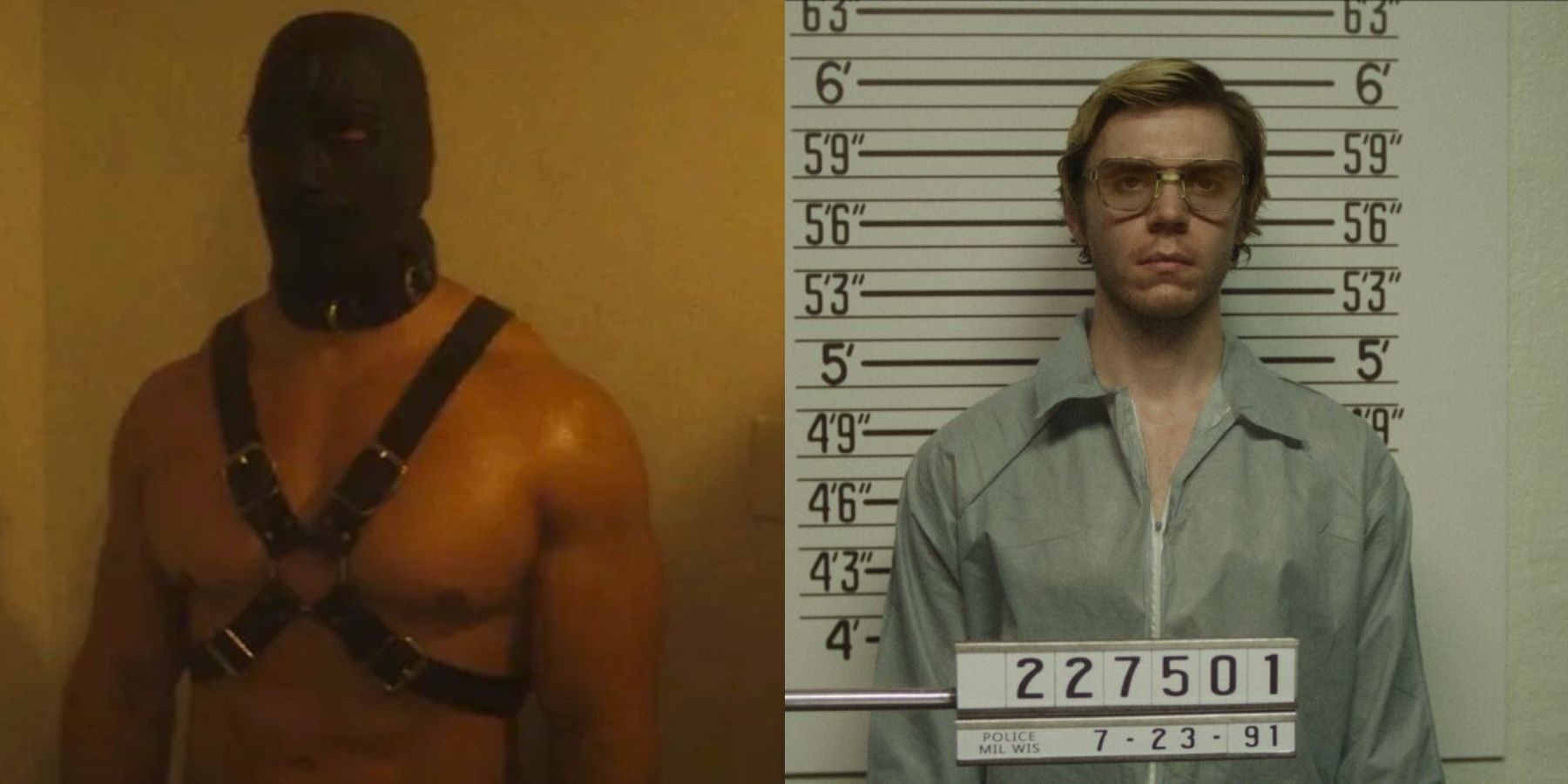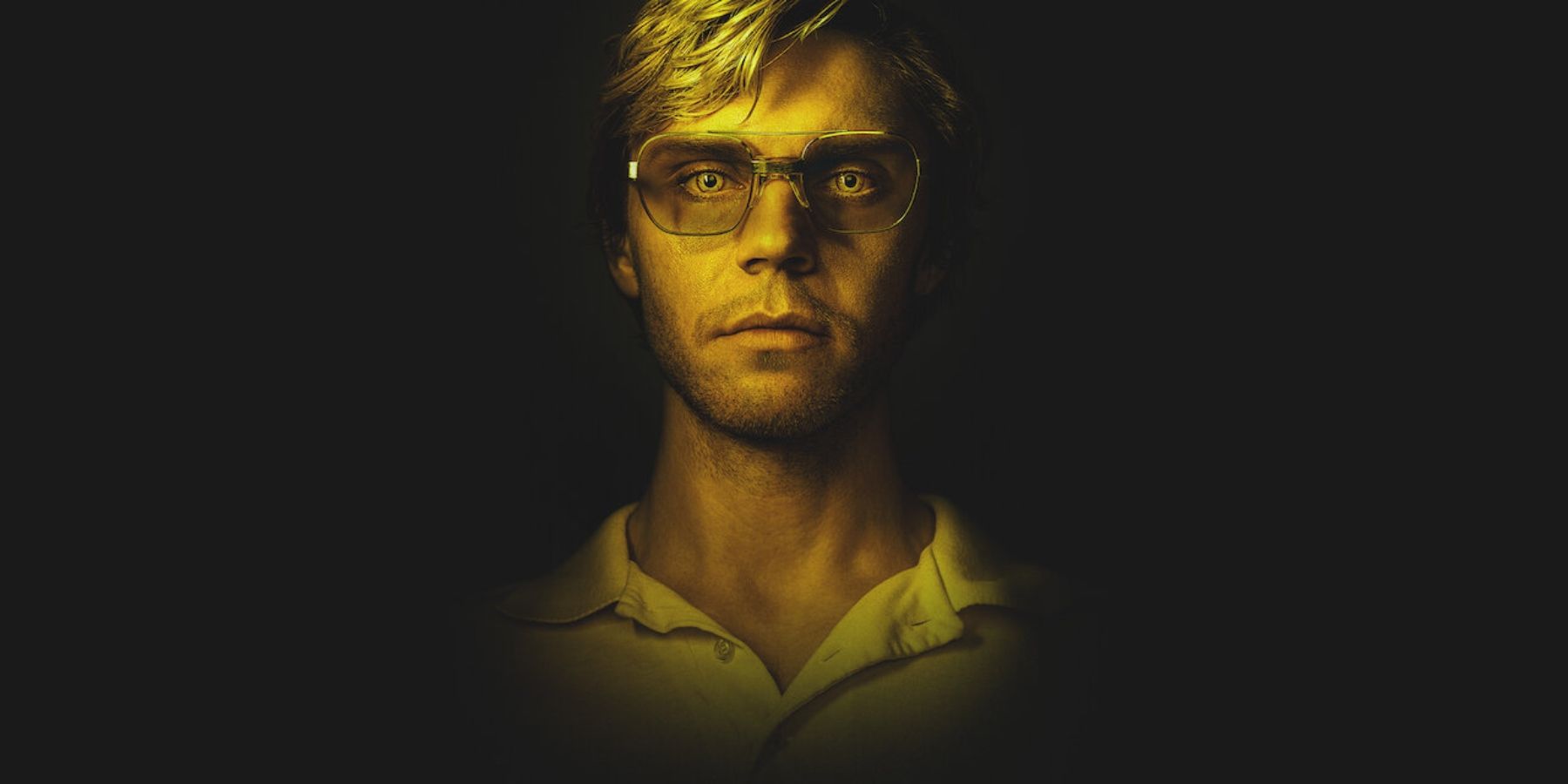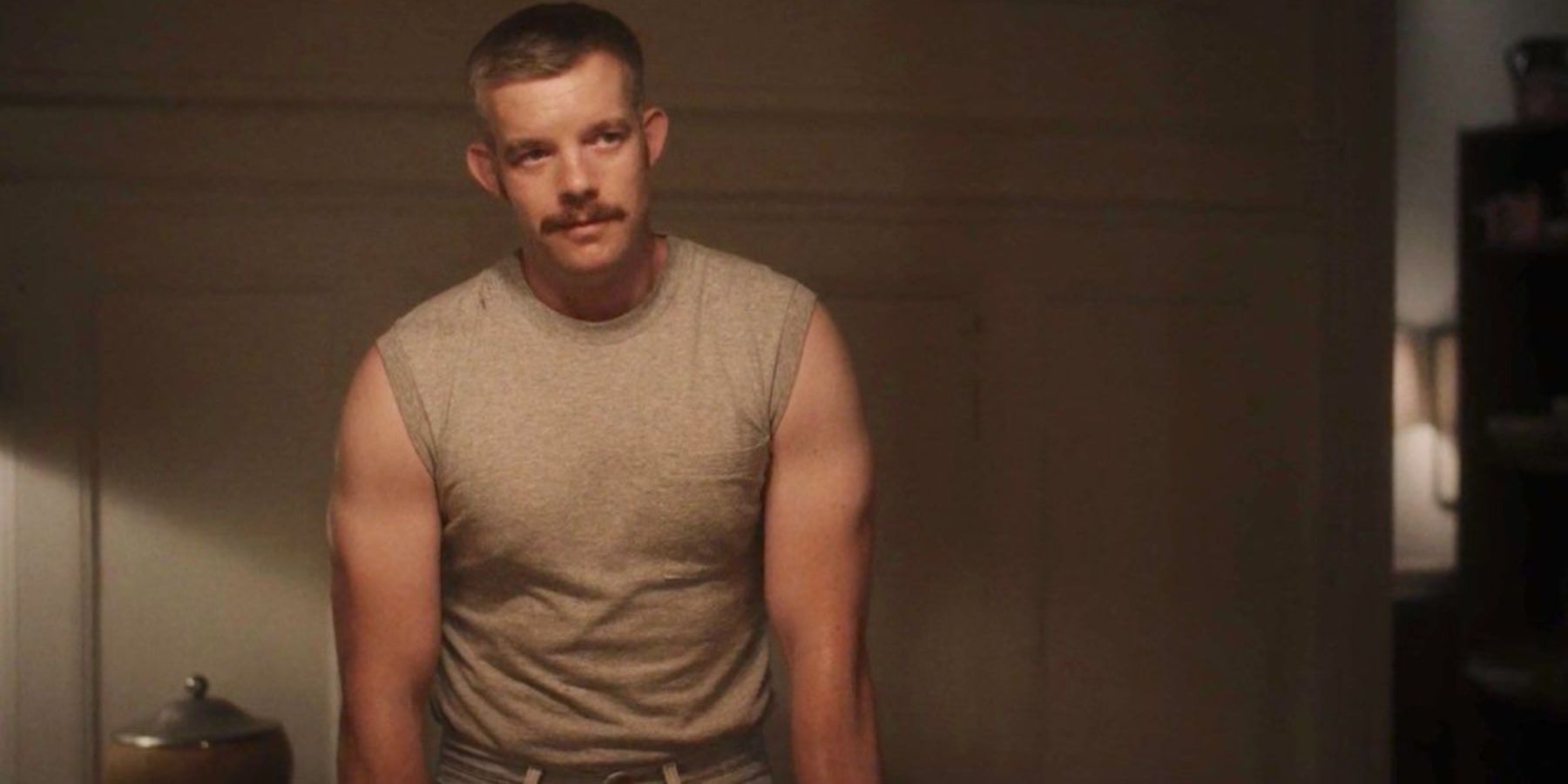
Fans of Ryan Murphy know that his work consistently takes dark concepts and shines a light on them in a way that we can learn something from. One of the best examples of that is the series he wrote with Brad Falchuk, American Horror Story.
The success that Murphy has seen with AHS, and several other shows, has led to him continually pumping out more work, and the longer he writes, the less he shys away from difficult topics. A lot of the reason for that is that these difficult topics serve as such perfect instances to learn something from, because they resonate with us deeply due to how heavy the story usually is.
One of the recent darker storylines that Murphy approached is Dahmer – Monster: The Jeffrey Dahmer Story. While Murphy used the Dahmer series as an opportunity to reflect the point that no matter how broken someone is, it doesn’t justify them hurting others, many were upset by the show. Along with being a heavy concept, it is based on truth, meaning people’s personal truths were inevitably interwoven in the story, and not all of them wanted that. It is an extremely complicated line to walk when trying to tell a true story while being respectful to those actually impacted by what the story’s based on.

Nonetheless, the messages in Murphy’s works prove that he can recognize the importance of finding that balance, which suggests that there is a deeper reason for releasing these series now. Additionally, the most recent season of AHS, NYC, is focused on a noticeably similar storyline. Though Dahmer has not been included in the season, similar crimes against the gay community are what the season’s plot line seems to be centered around. While there are plenty of obvious similarities between the two shows, like tone, and being set in the same time period, and a similar scene within the LGBTQ+ community, the greatest similarity that they share is what they reflect about our modern society.
Although both seasons of the shows are essentially set in the 80s, what each of them reflect about the justice system (in the US particularly) are in many ways, still relevant today. In part, the overlapping of the two seasons may be due to research supplying an abundance of information to explore– too much for one season of a show. The goal of following a similar storyline and releasing them so close together is to make sure that the conversation is completed and gets all the details across. When discussing something that is such a broad topic, especially one where the goal is awareness, it’s easier to do justice to the topic when it’s able to be unpacked across multiple storylines.
However, it may also be Murphy’s attempt to emphasize the message they both offer, about the importance of a society that functions as a community, in a time when society is so torn. The point about justice that both of these stories reflect is that we live in a world where bad behaviors are only condoned in some, while others get away with hurting innocent people, and so much of it comes down to privilege– of class, money, or societal favor. Even today, there are LGBTQ+ folks and people of color that fall victim to hate crimes with offenders that are not properly punished, women in Iran are being killed for existing by their own standards, and there is still not proper access to mental health resources in most places. Both shows shine lights on these problems, despite being set in a different time period.

All of this goes to show that, though these stories were reflective of society from decades ago, the need for those problems to be addressed is still relevant today. Ryan Murphy’s work constantly focuses on components of reality that need to be considered, but his focus on the particular issue of discrimination in our justice system and government, seems to occur to him as especially important to discuss. Certainly, using the concept in both series at the same time was an intentional choice, and surely one that was intended to draw emphasis to the problem so that those that are less affected by it, feel moved to do something about it.
The power of film and television is that it has the potential to reflect truths about our own world in a way that allows us to separate ourselves to examine them. This enables the viewers to see the topic from all angles and to both feel connected to it, despite their personal experience, and view it from an external perspective to understand every side of the conversation. As Ryan Murphy has proven time and time again, he understands how to achieve this balance in an impactful way. If viewers pay attention, they will walk away from watching both Dahmer and AHS NYC with the themes fresh on their mind (because his stories can penetrate anyone’s emotions) and they will then hopefully apply what they’ve learned and be the change in some way. This is the goal when any good writer puts their work out in the world, and it is clearly the motive for Murphy’s work.


